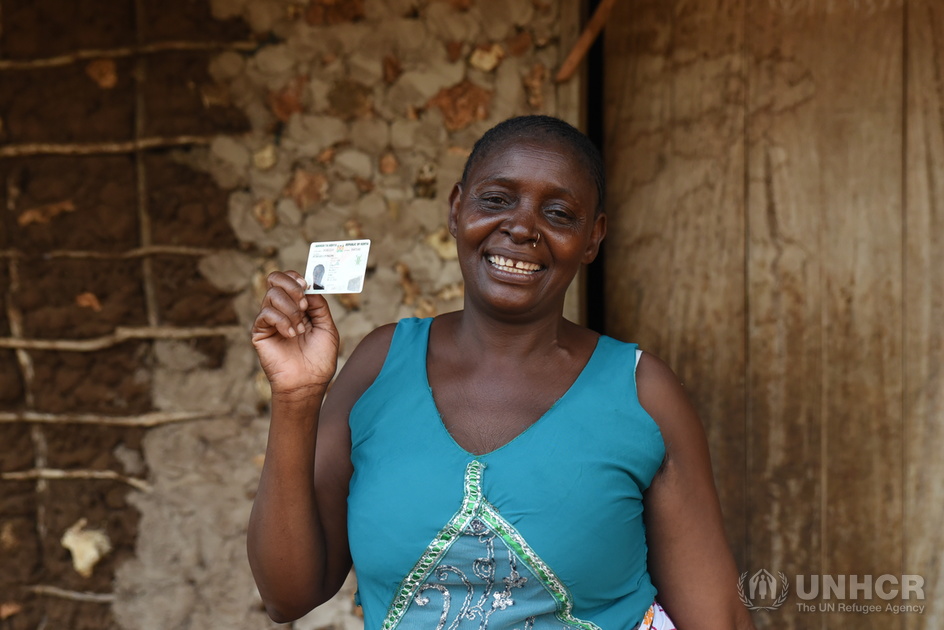In 1974 the UN General Assembly, entrusted UNHCR to act on behalf of people who sought to present a claim under the 1961 Convention. UNHCR’s core mandate has expanded to include all states through an array of activities. The activities include identification of stateless persons, prevention of statelessness, protection of stateless persons and reduction of statelessness.
Following the launch of the Global Action Plan to End Statelessness in November 2014, UNHCR Kenya has conducted numerous activities aimed at strengthening the work of the government and supporting Civil Society Organizations (CSOs) and Persons of Concern on matters of statelessness. In 2015, an exhibition dubbed ‘The Struggle to Belong’ was held in Nairobi to mark the first anniversary since the launch of the Global Action Plan.
In close cooperation with the government and CSOs, a National Action Plan to End statelessness in the country was drafted. The draft derives from the Global Action Plan to End Statelessness in ten years. The Kenya plan contains nine action points, which reflect the context of Kenya’s statelessness situation. Kenya’s legislation allows women to confer nationality on an equal basis as men. UNHCR is providing technical support to help turn the positive legislation into practical solutions for the stateless persons in the country.
In Kenya, there are different groups of stateless persons such as the, Pemba, Galjael, Shona, as well as groups of individuals of Burundian, Congolese, Indian and Rwandan descent. Other groups that are at risk of statelessness are the Nubians and some people of Kenyan Somalis whose access for Kenyan identification documents is limited. The members of these communities “belong” to Kenya because of the exiting and longstanding ties with the country however they do not have Kenyan citizenship.
The number of stateless persons in Kenya is not known. An estimate of 18,500 is been used following the registration of the Makonde in 2016.
In 2016, UNHCR in cooperation with Statistics Norway, Kenya Bureau of Statistics, and Haki Centre conducted a survey of the Pemba people living in Kwale and Kilifi. The survey results will be launched in collaboration with relevant stakeholders. Recommendations from the survey are likely to forge a way forward for the registration of other known stateless groups in the country.
UNHCR continues to raise awareness in Kenya on the issue of statelessness and to engage all stakeholders in resolving existing statelessness situations. This includes improving the access to Kenyan documentation (birth certificates and national ID cards). UNHCR collaborates with the Civil Registration Services and civil society and supports mobile registration activities in areas where stateless persons and persons at risk of statelessness reside. This helps to avoid having children who are undocumented and may become stateless later in life. In essence birth registration is a preventive mechanism, which ensures children are issued with a birth certificate as an identity document and for protection purposes. UNHCR promotes inclusive policies for identification and registration of all persons.
In 2017, UNHCR aims to ensure the National Action Plan for Kenya is validated. The plan recommends activities that the Government can implement to ensure stateless persons and those at risk of statelessness are issued with relevant identity documents. Additionally, UNHCR is working in close collaboration with relevant government departments to resolve statelessness among other communities. Through support to civil society and with the Civil Registration Services, UNHCR is ensuring birth registration is taking place in a timely manner. Additionally, UNHCR is supporting capacity development of relevant government authorities and civil society members in the area of statelessness. UNHCR continues to provide commentary and technical support to government on matters of statelessness.

